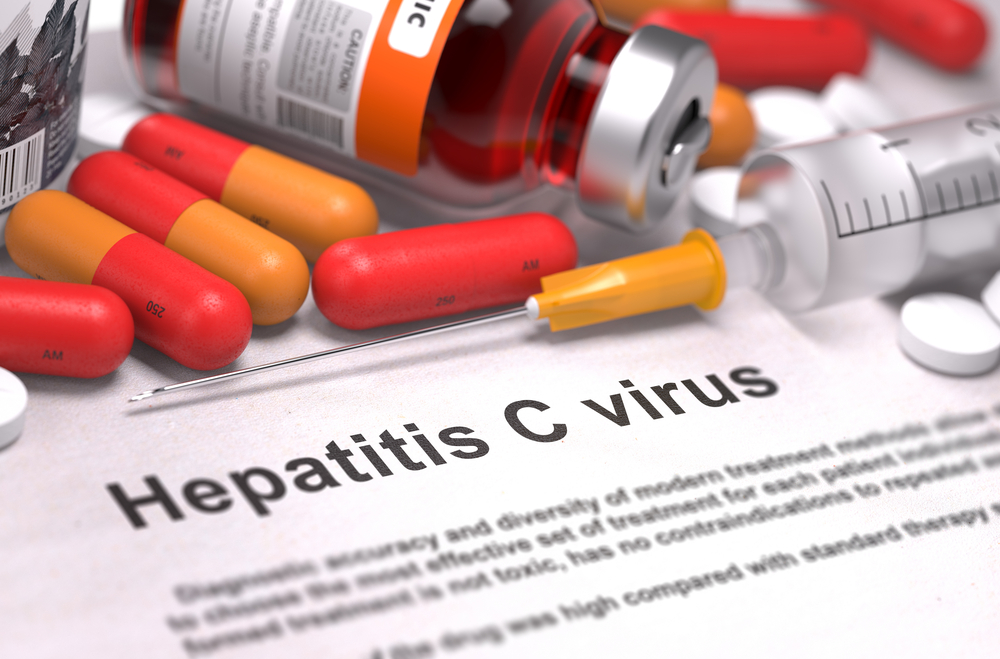DIAGNOSIS
Your doctor will recommend a blood test to diagnose if you have Hepatitis C.
TREATMENT
To treat Hepatitis C, your doctor may recommend:
- Antiviral medications- Hepatitis C infection is treated with antiviral medications intended to clear the virus from your body. The goal of treatment is to have no hepatitis C virus detected in your body at least 12 weeks after you complete treatment.
- Liver transplantation- This may be an option if you have developed serious complications from chronic hepatitis C infection. During liver transplantation, the surgeon removes your damaged liver and replaces it with a healthy liver. Most transplanted livers come from deceased donors, though a small number come from living donors who donate a portion of their liver.
A liver transplant alone doesn’t guarantee total treatment of hepatitis C. The infection might likely to return. In that case, treatment now requires antiviral medication to prevent damage to the transplanted liver.
PREVENTION
There is no vaccine for hepatitis C, however your doctor will likely to recommend that you get vaccines against the hepatitis A and B viruses.
To prevent Hepatitis C, you must:
- Not share needles.
- Not share your personal items such as toothbrush or razors.
- Avoid direct exposure to blood or blood products.
- Be careful in having tattoos and body piercing.
- Avoid multiple sex partners or use protection when having an intercourse.


